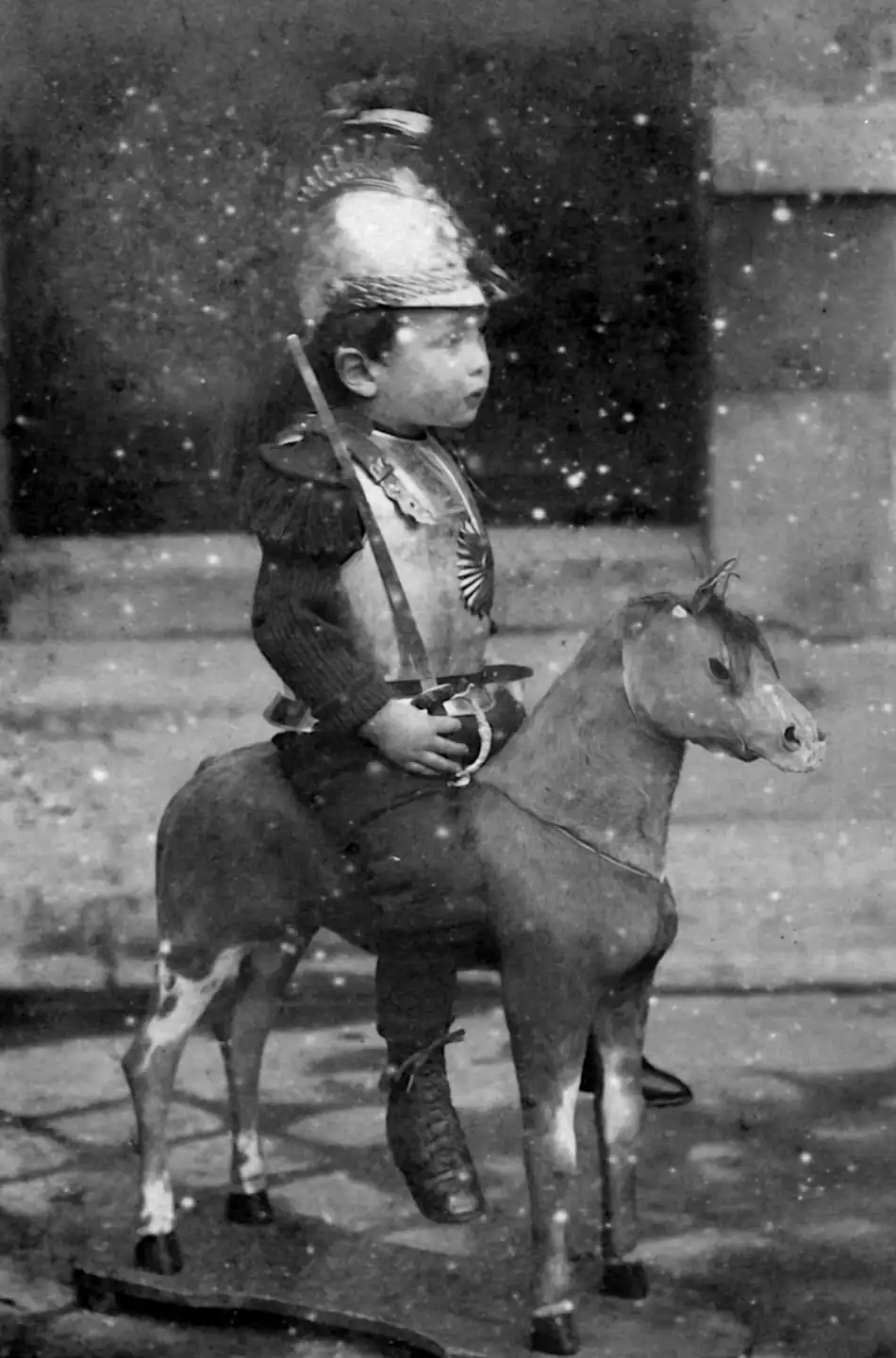Growing up
April 13, 2022 — November 27, 2022
Suspiciously similar content
Notes on what maladaptations we carry from childhood into adulthood.
TODO: connect to authoritarian mindsets, intertemporal decisions, feelings generally.
I think I can draw a connection to conspiracy theorists, in that attaching too much weight to the ability of adults to hide the truth from us is a good lesson to learn from childhood (Santa Claus, anyone?)
A classic: What Developmental Milestones Are You Missing?
Here are some other mental operations which seem to me to rise to the level of developmental milestones:
- Ability to distinguish “the things my brain tells me” from “reality”—maybe this is better phrased as “not immediately trusting my system 1 judgments”. This is a big part of cognitive therapy—building the understanding that just because your brain makes assessments like “I will definitely fail at this” or “I’m the worst person in the world” doesn’t mean that you have to believe them. As Ozy points out, this one can be easier for people with serious psychiatric problems who have a lot of experience with their brain’s snap assessments being really off, as opposed to everyone else who has to piece the insight together from a bunch of subtle failures.
- Ability to model other people as having really different mind-designs from theirs; for example, the person who thinks that someone with depression is just “being lazy” or needs to “snap out of it”. This is one of the most important factors in determining whether I get along with somebody—people who don’t have this insight tend not to respect boundaries/preferences very much simply because they can’t believe they exist, and to simultaneously get angry when other people violate their supposedly-obvious-and-universal boundaries and preferences.
- Ability to think probabilistically and tolerate uncertainty. My thoughts on this were mostly inspired by another of David Chapman’s posts, which I’m starting to think might not be a coincidence.
- Understanding the idea of trade-offs; things like “the higher the threshold value of this medical test, the more likely we’ll catch real cases but also the more likely we’ll get false positives” or “the lower the burden of proof for people accused of crimes, the more likely we’ll get real criminals but also the more likely we’ll encourage false accusations”. When I hear people discuss these cases in real life, they’re almost never able to maintain this tension and almost always collapse it to their preferred plan having no downside.
DRMacIver’s Notebook: Your emotions are valid but probably wrong
Childhood is very different from adulthood, and you learned many of your emotional reactions in childhood. Those early learned emotional reactions will have had a long time to bed in—either you’ve been embracing them, and learned that that works, or you’ve tried to ignore them, and they’ve intensified to stop you from doing that.
Those emotional reactions you’re having from childhood? They were adaptive when you learned them. They weren’t necessarily good ideas when you learned them (e.g. you might have learned that getting angry and screaming would get you attention. It probably wasn’t ever a good way to get attention), but they filled a functional role.
The problem is that your adult environment is very different from your childhood one:
- You are surrounded by different (and often much better) people than you were in childhood.
- You have significantly more agency and power than you did in childhood.
- You have significantly more skills and competence than you did in childhood.
- In most circumstances where things are bad you can leave (this isn’t always true, but it’s true more often than people treat it as being).
This environment is so different from most people’s experiences of childhood that it’s incredibly unlikely that the strategies that were adaptive as a kid are still adaptive as an adult, but unless you relearn the emotional reactions you’ve inherited from your child self, you will behave in very maladaptive ways.
1 Incoming
Kaj Sotala, How feeling more secure feels different than I expected
Judah, The Esoteric Benefits of School
Kids grow up real fast, and sooner than later, they need someone to rebel against. If you’re lucky, school fills that role. Sorry, they’ll never stop grumbling about your curfews and other barely-enforced rules, it’s just how this works. But any real subversion, based on genuine hate, remains limited to schools.
Briohny Doyle, Adult Fantasy
